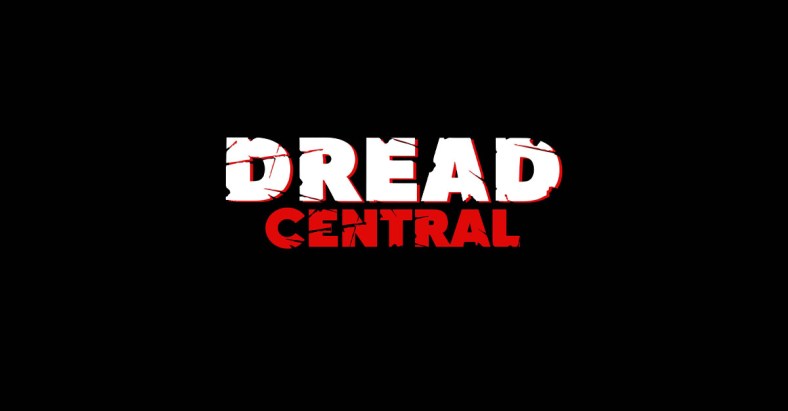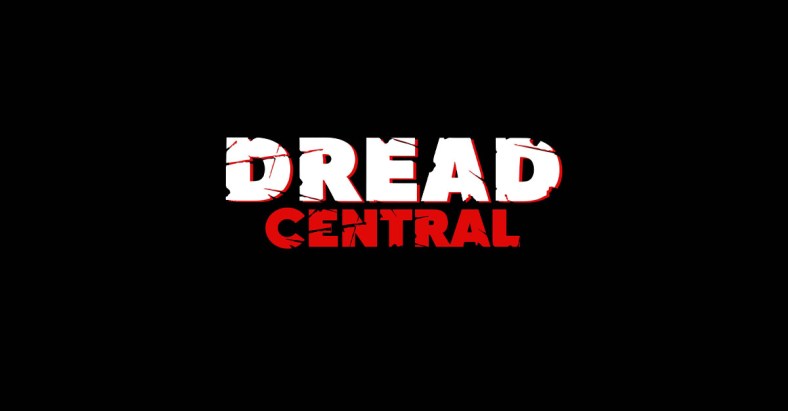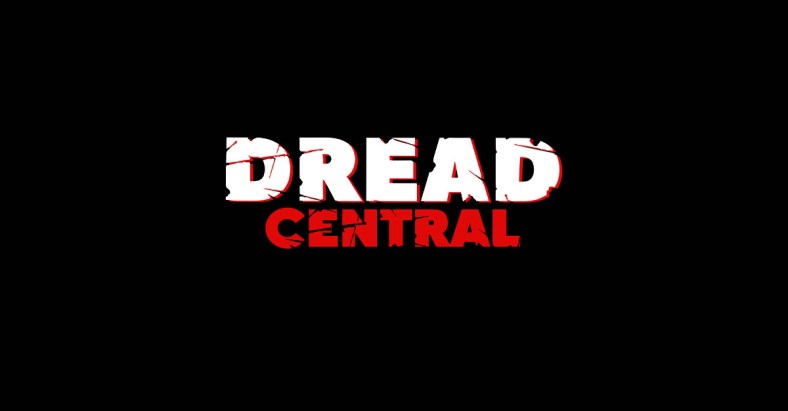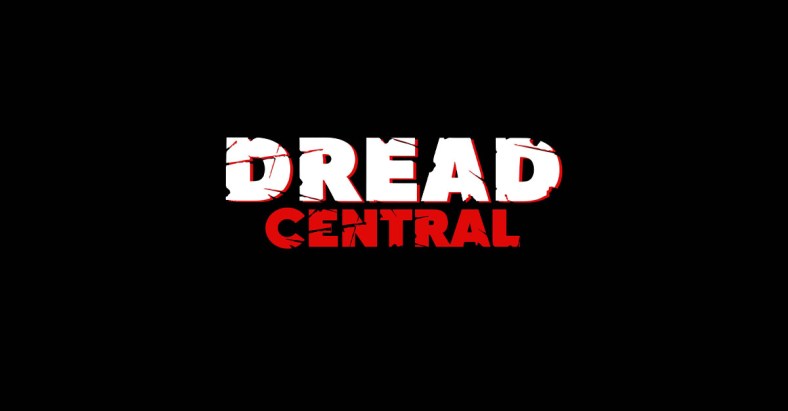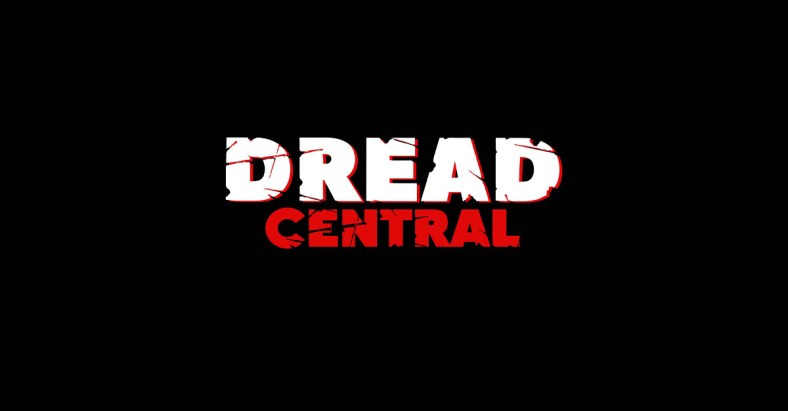The Beast In Me: Werewolves, Depression, and Hope

In the opening moments of his score to Universal’s spotty but entertaining remake of The Wolfman, legendary composer Danny Elfman does something as subtle as it is brilliant. We hear a piano fade in followed by strings, each playing in a rhythm that mimics the sounds of clockwork before moving into the gothic theme that will be showcased throughout the film. That ticking sound, which immediately brings to mind the second hand of a timepiece working its way around a clock’s face, is gone in a flash but it’s a detail that reflects one of the scariest aspects of the myth of lycanthropy: once the curse has been passed to you, time is now your biggest enemy. The cycle of the werewolf, with its horrible transformations and promise of mayhem, is the reality you’re now doomed to live through, over and over again, as the moon passes through its phases.
Synopsis:
Upon his return to his ancestral homeland, an American man is bitten, and subsequently cursed by, a werewolf.
—
When I had my first bout with depression, I had no idea what was happening to me. It manifested itself slowly at first, seeming to be an average case of the blues, before spiraling down to the point where leaving my bed seemed like a herculean feat and stepping foot outside was absolutely impossible. It was a terrifying experience, and it was months before I felt remotely like myself again. When it was finally over, I thought that was the last time I’d deal with the illness. I was leaving its ugly visage in my rearview mirror and driving off into the sunset a free man.
There are folks who are lucky enough for that to be true. I’m not one of them. Depression is something I deal with in some form or another nearly every day. If it’s not a full blown depressive episode, it’s the fear of one coming. Because it will come, I’ve come to terms with that. Even when things are good and I’m on top of all the shit I have to be on top of to keep my brain chemistry balanced, there’s still the reality that my last fight with it will never truly be the last.
—
A few weeks ago folks were sharing opinions on Twitter that would “get their horror card revoked.” I didn’t voice mine then but I’ll share it now: I used to hate werewolf movies. I thought they were kinda fun, don’t get me wrong, but for some reason they never engaged me the way they did others. That opinion changed after my second go-around with depression came.
I was sitting on my couch (actually, I was curled up in the fetal position) and reeling from the realization that the illness hadn’t just magically disappeared after that first experience. It had come back, and I felt equally as ill-prepared as I was the last time I’d faced it. So, I did what I’ve done pretty much all my life when faced with a reality that seemed too scary and overwhelming to bear: I took refuge in horror. That night it was John Landis’ masterpiece An American Werewolf In London, and as the film played out something began to take root.
Synopsis:
Two American college students on a walking tour of Britain are attacked by a werewolf that none of the locals will admit exists.
As I watched the protagonist David Kessler’s tragic descent as the lycanthropy curse took him over, I was fascinated by the way his new deadly condition made itself known subtly as the moon inched towards being fully revealed. He suffered from increasingly terrifying nightmares, became restless and anxiety-filled. It felt too familiar to ignore, then I suddenly realized it was similar to some of the symptoms I experience during a depressive episode (thankfully my list doesn’t also include getting visits from the ghost of a wise-cracking mutilated best friend). And even though I had seen the movie several times, I suddenly fell into its story in a way I hadn’t before.
When the film finished I had an overwhelming urge to see more entries in the subgenre, so I began to fill in the gaps in my werewolf watch-list. The Howling came next, followed by Curse of the Werewolf, then The Wolf Man (both the original and the remake). I delved deeper into entries that weren’t as werewolf-centric but featured the tragic beasts on the periphery like The Monster Squad, or were just plain goofy like Teen Wolf. And more and more I began to empathize with the monster because I finally saw what made it so relatable to people: its horror was internalized.
We all have demons, something we keep inside because it hurts too much, and there are moments in our lives where that pain overwhelms us, bubbles to the surface, and makes us feel like monsters. Oftentimes the way we experience those deep-seated issues is cyclical, and the fear of its inevitable return is just as frightening as the return itself. That full moon is always around the corner ready to raise the beasts in our hearts.
—
Out of all the werewolf films I’ve ingested since my initial “come to god” moment with the subgenre, it’s the original 1941 classic that’s still my favorite. While The Wolf Man might pale in comparison to its modern-day brethren, it has Lon Chaney Jr. as its lead and that (for me, at least) puts it above the rest.
Synopsis:
Larry Talbot returns to his father’s castle in Wales and meets a beautiful woman. One fateful night, Talbot escorts her to a local carnival where they meet a mysterious gypsy fortune teller.
His performance as Larry Talbot anchors the movie beautifully and gives it a humanity that is still palpable today. To steal a phrase used by Elric Kane when talking about the late great Joe Spinell, there’s poetry in Chaney’s eyes, a pain that provides the character with the pathos needed to make the film the tragedy that it is. And if that hurt seems uncannily realistic, that’s because it was coming out of a very real place. The actor suffered from addiction issues for most of his adult life, and those agonies radiate plainly through his weary eyes. Sadly, those issues would contribute to the decline of his career and eventual death. Hounded till the end, Chaney could not shake the wolves at his heels.
—
One of the things that make the horror genre great is the way it can help us cope with some of the darkness we go through in life. Through these films we find kinship both through fandom and with the characters on the screen. Sometimes they don’t offer much in the way of optimism (a sad ending certainly seems to be a staple of the werewolf picture) but that’s where we’re lucky to be in the real world. Because we have something those poor beasts don’t: hope. We can find ways to deal with our problems, solutions that strip our demons of some of their power over us. Whether it’s seeking help from professionals, voicing our grief to a loved one, or just committing to taking better care of ourselves, we don’t have to be slaves to our pain. Unlike the Larry Talbots and David Kesslers of the werewolf world, we are not alone. YOU are not alone.
Right now I’m happy. Sometimes I have to work hard at it, but I’m thankful just to be able to do that. I know my depression is going to follow me for the rest of my life, and there will be times where it will overcome my defenses, but it will never beat me.
Full moons come and go, beasts wake and slumber, but better days are always on the horizon.
Categorized:Editorials News

